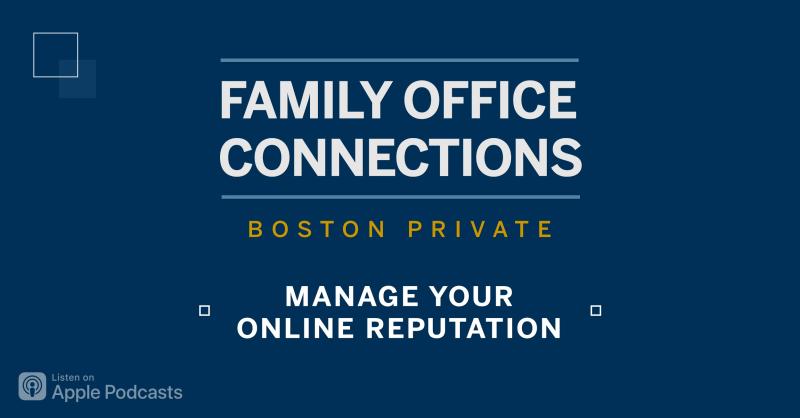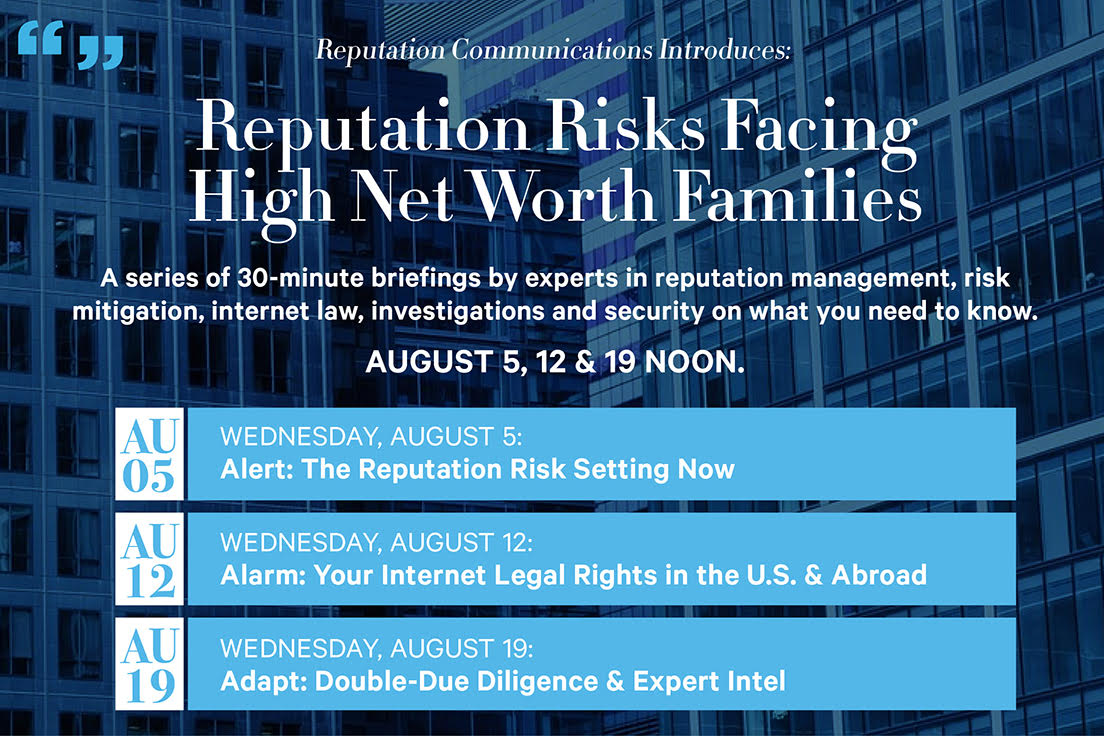
Last year, The Wall Street Journal published a riveting exposé about the online reputation tactics used by one agency for high-visible VIPs, from Washington appointees to hedge fund billionaires.
If you are a high net worth or high visibility leader considering such services, it is an insightful read about the strategies used by many — but not all — agencies in this industry.
“Google removed five websites from Google News after The Wall Street Journal inquired about them. Google, owned by parent company Alphabet Inc., said the sites violated its policies around deceptive practices,” reported Rachael Levy.
That is just one take-away from the article. It is below the Journal’s paywall but well worth the price of a subscription to read.
More recently – in May – a second investigative piece, Google Hides News, Tricked by Fake Claims, came out in the Journal. As a result of the reporters’ in-depth analysis, Google replaced thousands of links to articles, legal notices and other content it had removed as a result of bogus copyright claims and manipulated removal requests.
Our takeaway: there are many false promises, claims and guarantees made in this less-than-transparent industry. As these articles show, it is best not to believe them all. If it sounds too good to be true, it probably is.
Related reading: Reputation Reboot: What Every Business Leader, Rising Star & VIP Needs to Know









